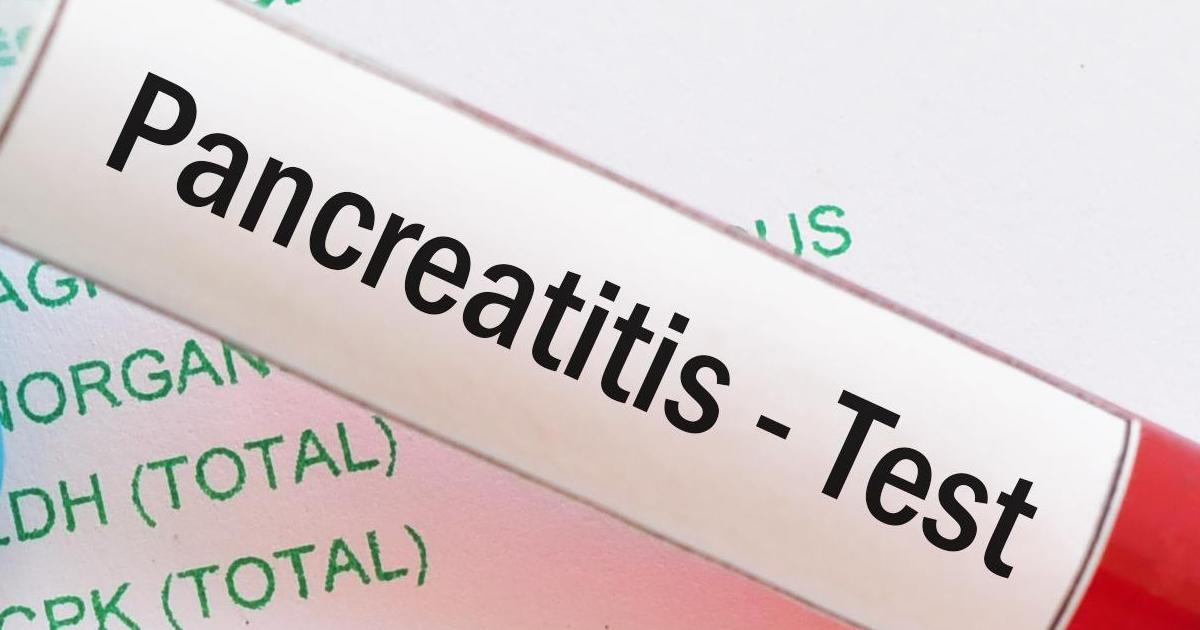Serious Causes And Risk Factors Of Pancreatic Cancer
Chronic Pancreatitis

A chronic pancreatitis patient may develop pancreatic cancer as a complication or result of their chronic condition. Chronic pancreatitis is a term that is used to describe long term inflammation of the pancreatic tissues. One of the most common causes of chronic pancreatitis in the population is excessive alcohol consumption over an extended period. When the tissues of the pancreas become inflamed, specific immune-modulating cells are stimulated to release growth hormones to promote the process of tissue repair and replacement. The growth hormones produced in the inflammatory process can cause genetic changes and damage that can result in the uncontrollable growth of cells in the pancreas. Immune cells and dying pancreatic cells may also release certain toxins when they burst open, which causes direct genetic damage to the neighboring cells and is further compounded by the inflammatory process that follows. Chronic pancreatitis causes an inflammatory cycle to repeat over and over again in the pancreatic tissues, which eventually leads to the development of pancreatic malignancy in many cases.
Keep reading to learn more about what can cause pancreatic cancer now.
Cirrhosis Of The Liver

An individual is at a higher risk of developing pancreatic cancer when they are affected by cirrhosis of the liver. Liver cirrhosis is an advanced stage of fibrosis or liver scarring that has several different causes. Chronic forms of hepatitis, chronic alcoholism, nonalcoholic fatty liver disease, and autoimmune hepatitis are the most common causes of liver cirrhosis. Fibrosis of the liver occurs when some underlying mechanism results in damage to liver tissues, and the body attempts to repair this damage with tissue that is denser and less versatile than the original tissues. When this process is repeated over time, the scarring in the liver accumulates and interferes with its function. The liver is responsible for filtering certain toxins from the blood and metabolizing them so they do not accumulate in and damage organs around the body. Some toxins are excreted from the body, where others are processed and recycled. Pancreatic cancer is more likely to occur in a patient who has a compromised liver because the build-up of toxins in the pancreas can cause cellular DNA damage. In addition, cancer caused by cirrhosis precipitated increased cell turnover rate is more likely to spread to the pancreas from the liver because they share a common duct.
Learn more about risk factors for developing pancreatic cancer now.
